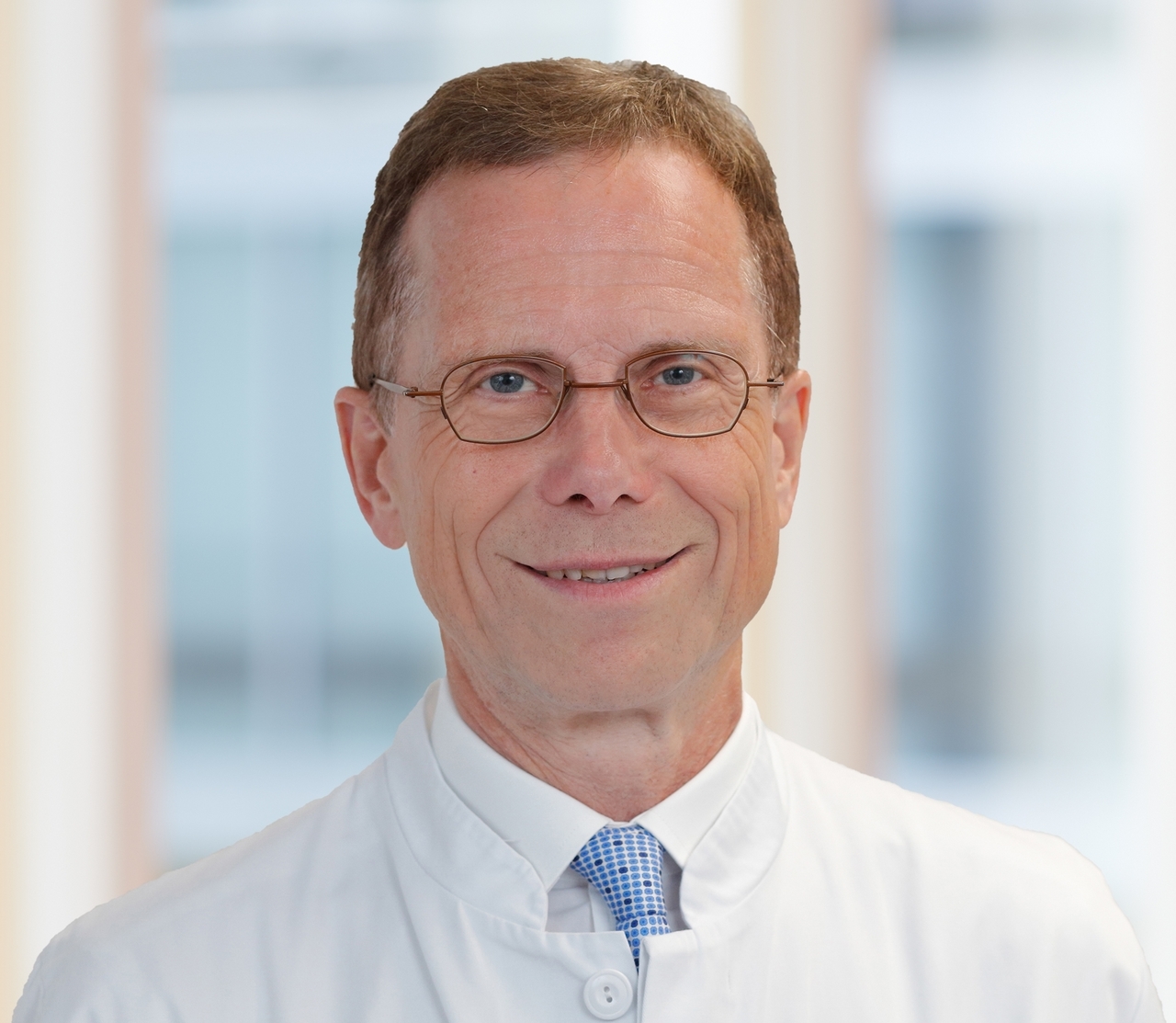The Collaborative Research Centre SFB 1002 "Modulatory Units in Heart Failure" wants to gain a better understanding of the details and connections in the widespread disease of heart failure. The aim is to develop new methods for the diagnosis, prevention, and treatment of heart failure. In the context of patient examinations and model experiments, the scientists investigate pathological changes using high-resolution imaging, biochemical, and molecular biological methods. The focus here is on the interaction of the various heart muscle cells and the mechanisms of gene regulation.
The Speaker of the Collaborative Research Centre SFB 1002 is Professor Dr. Gerd Hasenfuß, Director of the Clinic for Cardiology and Pneumology and Chairman of the Heart Centers of University Medicine Göttingen and Chairman of the Heart Research Centre Göttingen (HRCG). He says: "The continued funding of SFB 1002 confirms our concept of close scientific cooperation between clinicians and basic scientists. It enables us to identify new methods for the treatment of heart failure, which we will then use clinically for the first time at the German Centre for Cardiovascular Research (DZHK)". Besides Göttingen, there are only two other locations in Germany that are both members of the DZHK and have a cardiovascular SFB, namely Frankfurt and Munich.
In the past two funding periods of the SFB 1002, the researchers have been able to develop new diagnostic and treatment procedures. They are already being tested in clinical studies. "These include the treatment of patients with a strong increase in connective tissue in the heart muscle using a new combination of drugs and the diagnosis of cardiac arrhythmias using a new, high-resolution ultrasound procedure. In addition, the stem cell-based heart patch developed in the SFB 1002 will soon be used for the first time in a clinical study," says Hasenfuß.
Source: Pressemitteilung Universitätsmedizin Göttingen

